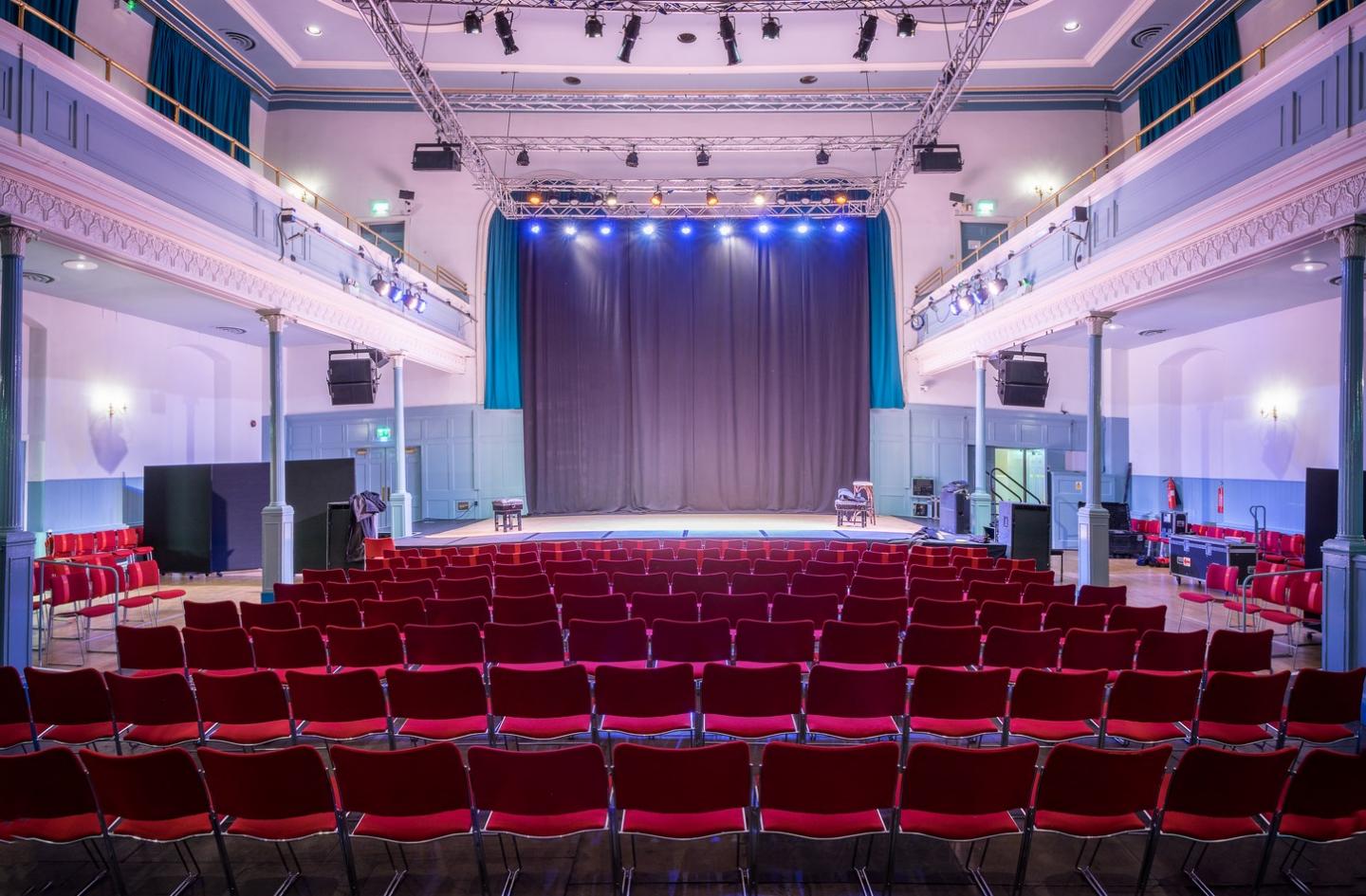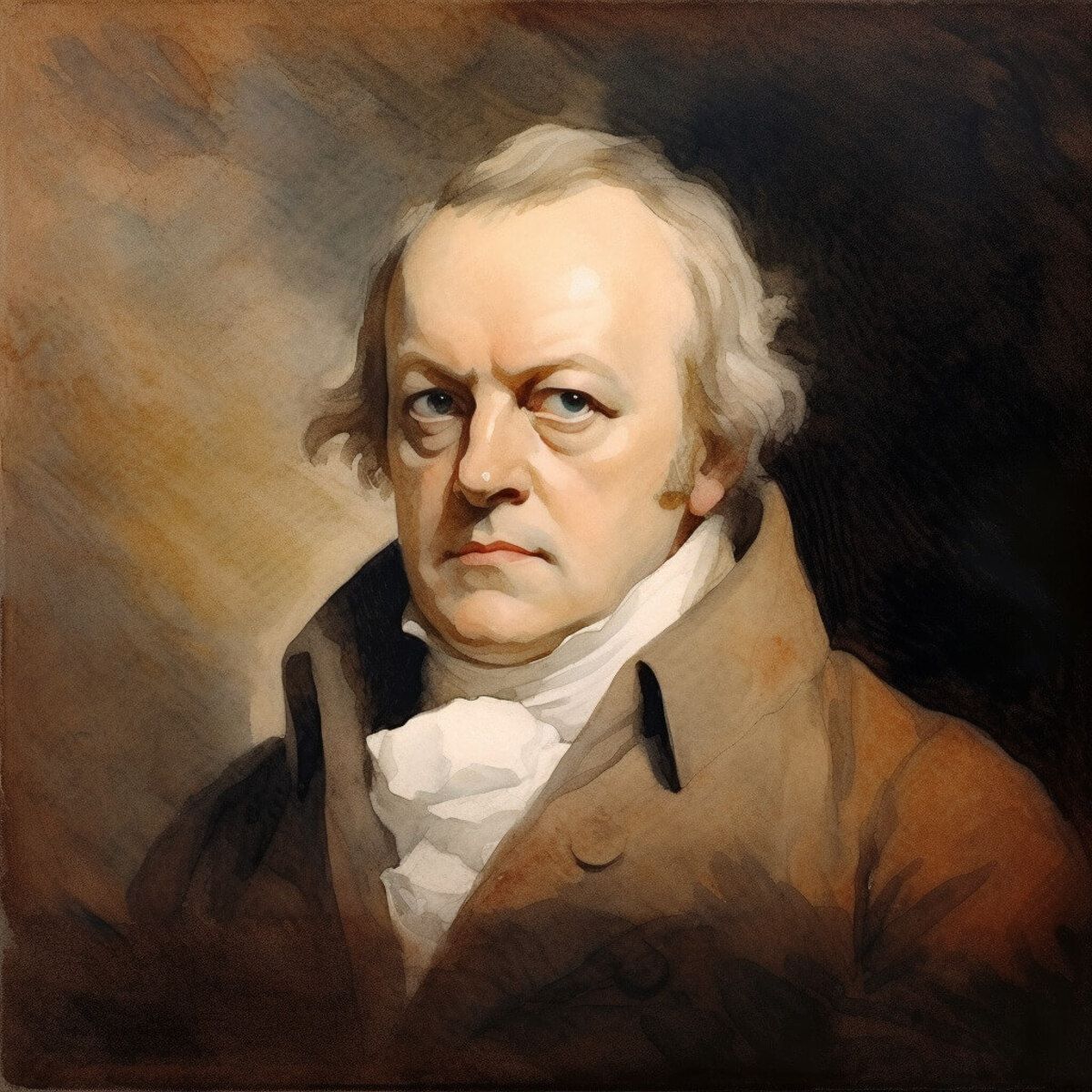
Queen’s Hall is a magnificent landmark that holds a mesmerizing history within its walls. Located in the heart of London, this iconic concert hall has been witness to countless historic performances and has etched its name in the annals of music and culture. From its humble beginnings to its rise as a premier performance venue, Queen’s Hall has become a symbol of artistic excellence and a hub for music enthusiasts.
In this article, we delve into the enigmatic facts surrounding Queen’s Hall, shedding light on its fascinating journey and unraveling the hidden stories that make it a true gem in London’s cultural landscape. So, join us as we explore 11 intriguing facts that will unveil the mystique behind Queen’s Hall and showcase why it remains an enduring symbol of music and performance.
Key Takeaways:
- The Queen’s Hall is a famous performance venue with a rich history, hosting royal events, diverse musical performances, and cultural programs, making it a must-visit for music and history lovers.
- With its stunning architecture, legendary performers, and enduring legacy, the Queen’s Hall continues to captivate visitors and enrich the community’s artistic experiences, showcasing the power of music and cultural heritage.
A Legendary Performance Venue
The Queen’s Hall is renowned as one of the most prestigious performance venues in the world. Its grandeur and acoustics have attracted renowned musicians and orchestras from around the globe.
A Witness to History
Throughout its storied existence, the Queen’s Hall has borne witness to significant historical events, including royal ceremonies, political gatherings, and cultural celebrations.
Construction and Design
The Queen’s Hall was designed by the esteemed architect Sir Robert Smirke and was constructed in the neoclassical style, boasting intricate detailing and elegant proportions.
The Royal Connection
The Queen’s Hall holds a special place in royal history, as it was named in honor of the reigning monarch at the time of its construction and has since hosted numerous royal performances and events.
Remarkable Acoustics
The Queen’s Hall is renowned for its superb acoustics, which have been finely tuned to uplift and enhance the performances taking place within its grand walls.
Musical Legacy
Over the years, the Queen’s Hall has played a pivotal role in shaping the music landscape. It has hosted groundbreaking performances and world premieres, showcasing the talents of both established and emerging artists.
Notable Performers
An impressive roster of musical giants have graced the stage of the Queen’s Hall, including renowned composers, virtuoso instrumentalists, and celebrated vocalists, leaving an indelible mark on its legacy.
Architectural Marvel
The Queen’s Hall’s architectural splendor and intricate detailing continue to awe visitors. Its Corinthian columns, grand staircase, and magnificent auditorium create a truly breathtaking experience.
Diverse Performance Genres
From classical symphonies to jazz ensembles, from operas to rock concerts, the Queen’s Hall has hosted an eclectic array of performances throughout its existence, catering to diverse musical tastes.
Cultural Hub
The Queen’s Hall has not only been a venue for musical performances but has also served as a cultural hub, hosting art exhibitions, literary events, and educational programs, enriching the community’s artistic experiences.
Enduring Legacy
The Queen’s Hall’s rich history and contribution to the arts have cemented its status as an enduring cultural landmark, cherished by music enthusiasts and history buffs alike.
Conclusion
In conclusion, Queen’s Hall is an enigmatic landmark that holds a fascinating history and significance. From its humble beginnings as a concert hall to its transformation into a war hospital during World War II, Queen’s Hall has played a pivotal role in both musical and wartime history. Its distinctive architecture, impressive acoustics, and prestigious reputation make it a cherished landmark among musicians and music lovers around the world.The 11 enigmatic facts about Queen’s Hall presented in this article shed light on some lesser-known aspects of this iconic venue. Whether it’s the secret tunnels underneath, the legendary performances that took place within its walls, or the intriguing mysteries surrounding its destruction, Queen’s Hall never fails to captivate and intrigue.Despite its tragic demise during the Blitz, the spirit and legacy of Queen’s Hall continue to live on through the memories held by those who experienced its magic firsthand. Its influence on the music industry and its lasting impact on the cultural landscape of London make it a landmark worth celebrating and remembering.
FAQs
1. What is Queen’s Hall?
Queen’s Hall was a renowned concert hall in London that operated from 1893 to 1941.
2. Where was Queen’s Hall located?
It was located on Langham Place in Marylebone, London, near the present-day BBC Broadcasting House.
3. Why is Queen’s Hall significant?
Queen’s Hall was renowned for its exceptional acoustics, hosting numerous legendary musical performances and being at the forefront of promoting classical music in London.
4. What happened to Queen’s Hall during World War II?
During World War II, Queen’s Hall was converted into a war hospital and suffered severe damage during the Blitz in 1941, leading to its eventual demolition.
5. Are there any surviving parts of Queen’s Hall?
No, the building was completely destroyed during the Blitz, and only the memories and historical records remain.
6. Did any famous musicians perform at Queen’s Hall?
Absolutely! Queen’s Hall hosted performances by renowned musicians such as Sergei Rachmaninoff, Gustav Mahler, and The Beatles.
7. Did Queen’s Hall have any unique architectural features?
Yes, Queen’s Hall was known for its distinctive dome and elegant Edwardian architecture.
8. Were there any hidden tunnels underneath Queen’s Hall?
Yes, there were secret tunnels that connected Queen’s Hall to the nearby Broadcasting House.
9. What was the significance of the Promenade Concerts at Queen’s Hall?
The Promenade Concerts, commonly known as “The Proms,” were a series of summer concerts held at Queen’s Hall, which gained immense popularity and continue today at the Royal Albert Hall.
10. Are there any plans to rebuild Queen’s Hall?
No plans for reconstruction have been made, but the legacy and memories of Queen’s Hall continue to thrive.
11. Can the history of Queen’s Hall still be experienced today?
Although the physical building is no longer standing, the history and legacy of Queen’s Hall can be explored through historical records, photographs, and accounts from those who were fortunate enough to experience its grandeur.
Queen's Hall's enigmatic history captivates audiences, leaving them yearning for more. Unraveling its secrets is just the beginning of a fascinating journey through time. For those intrigued by this legendary venue, exploring the enchanting facts about Queen's Hall Edinburgh offers an opportunity to delve deeper into its rich past and enduring legacy.
Was this page helpful?
Our commitment to delivering trustworthy and engaging content is at the heart of what we do. Each fact on our site is contributed by real users like you, bringing a wealth of diverse insights and information. To ensure the highest standards of accuracy and reliability, our dedicated editors meticulously review each submission. This process guarantees that the facts we share are not only fascinating but also credible. Trust in our commitment to quality and authenticity as you explore and learn with us.


